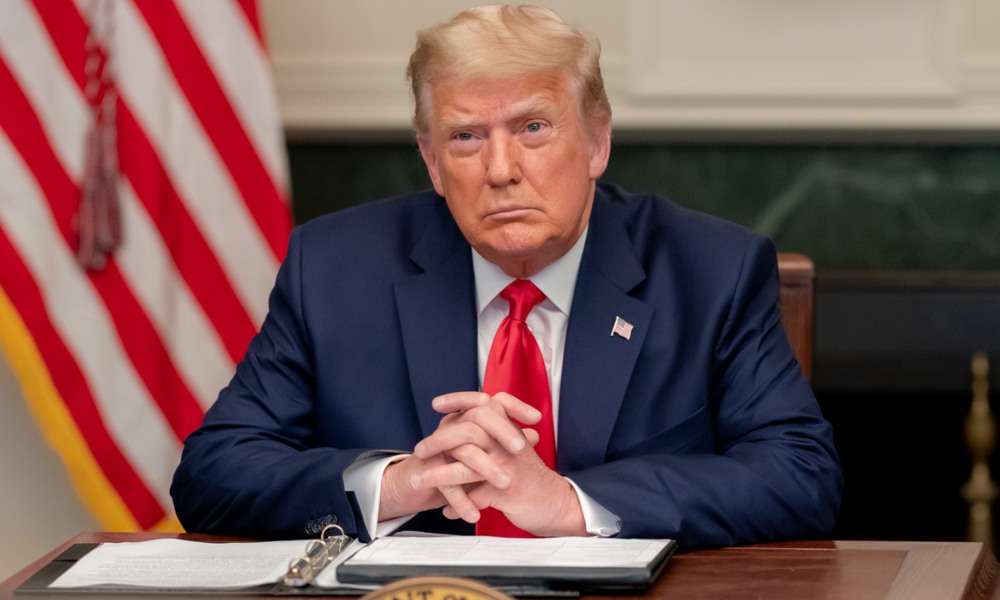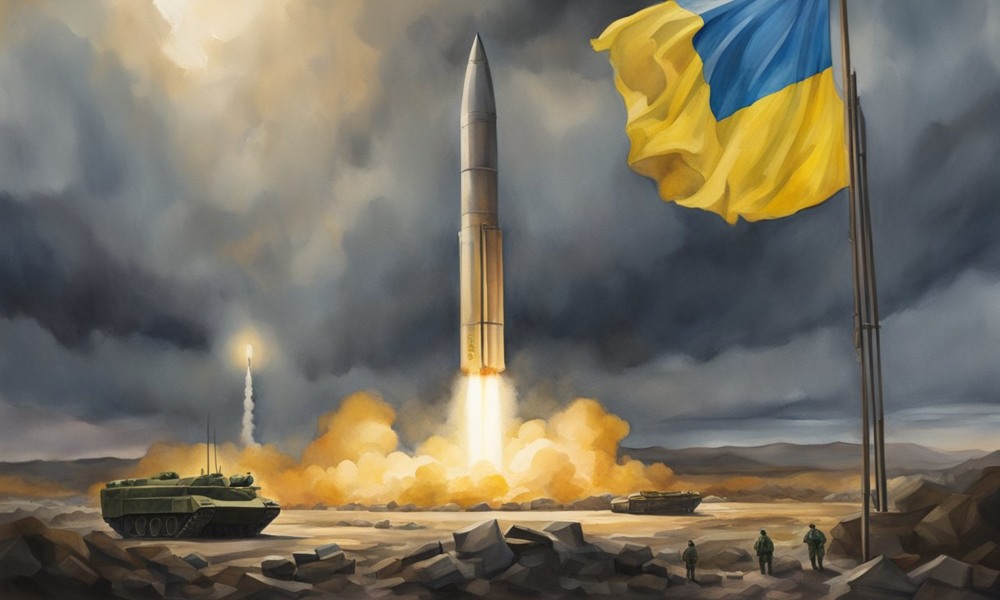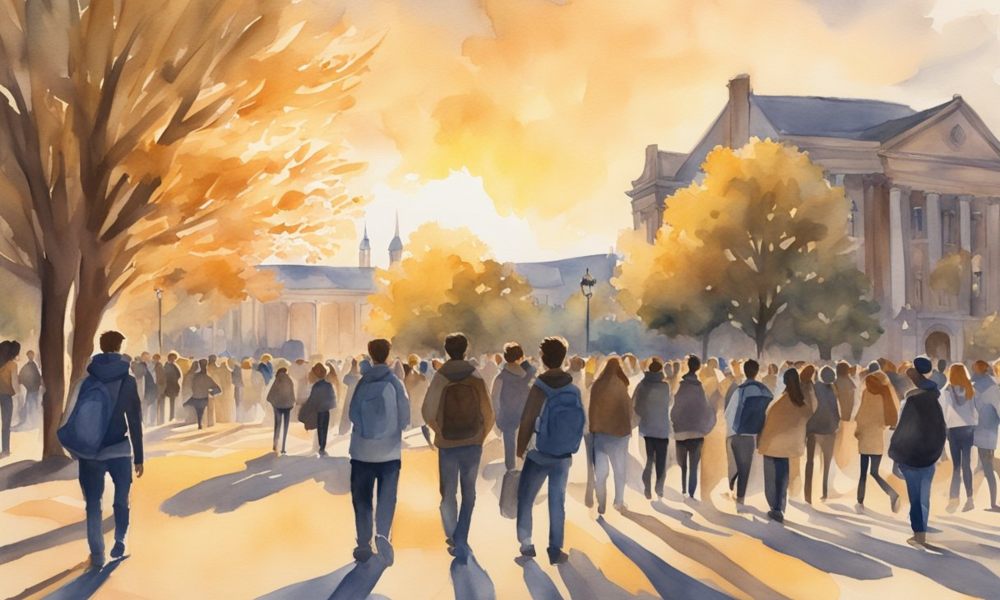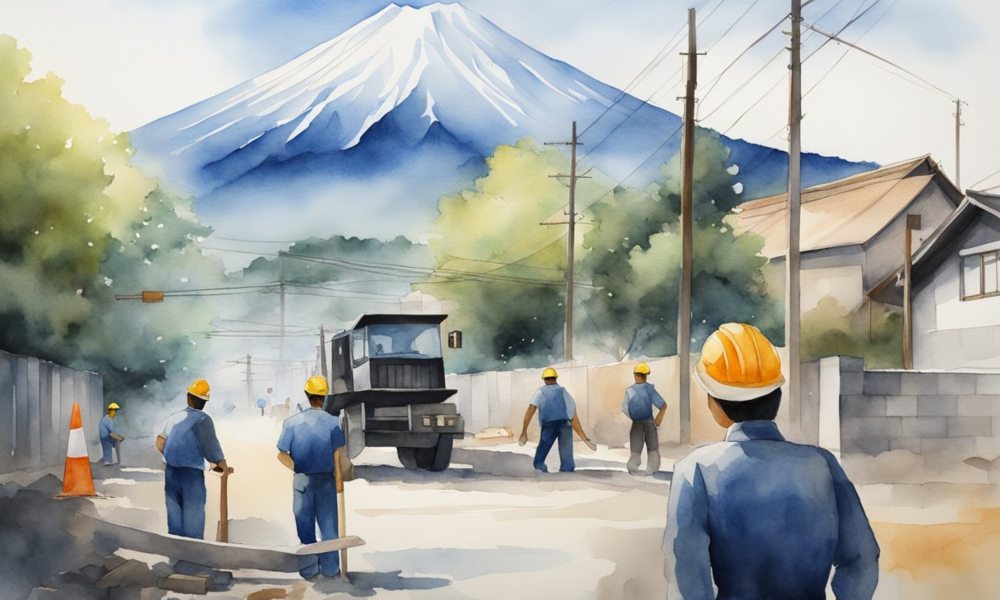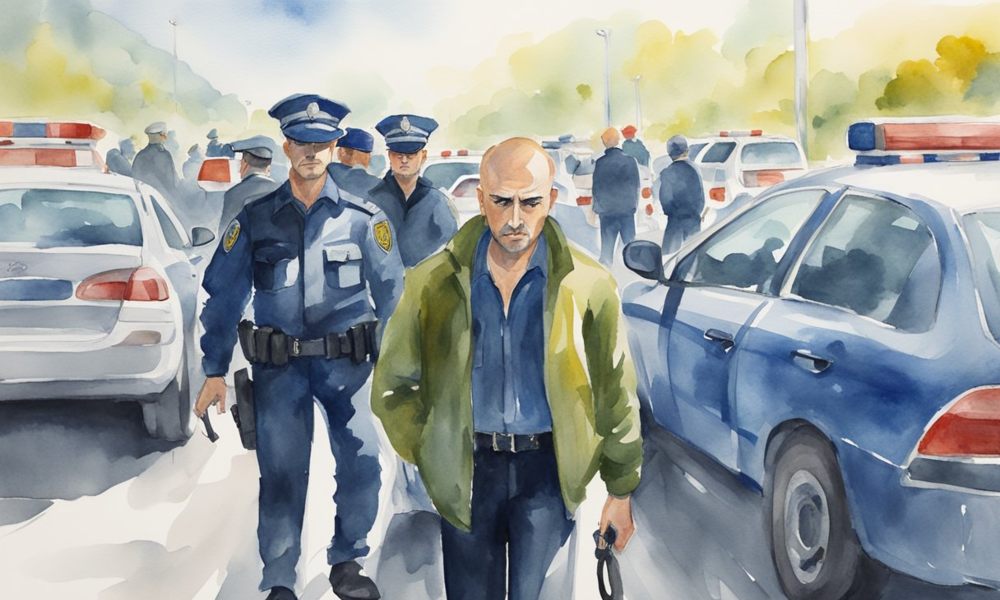Protests are continuing at many universities across the United States. Students are upset about the recent violence between Israel and Palestinian militants in Gaza. They are demanding their schools cut ties with Israeli organizations and companies.
- Student protesters have set up camps and rallied for weeks on several major campuses
- University leaders have ordered protesters to leave campuses, but many are refusing
- Tensions are rising, with some arrests and clashes between pro-Israel and pro-Palestinian groups
What exactly is happening with these widespread college protests? And why are students so passionate about this conflict so far away? Let’s take a closer look.
Students Demand Universities “Boycott, Divest and Sanction” Israel
The main goal of the protesters is to get their universities to “boycott, divest and sanction” Israel over its treatment of Palestinians. Here’s what that means:
- Boycott: Stop cooperation or events involving Israeli universities and organizations
- Divest: Pull any financial investments or funding away from Israeli companies
- Sanction: Cut off academic and economic ties with Israel entirely
Protesters say taking these steps is needed to pressure Israel to change its policies toward Palestinians. However, university leaders argue sanctioning one entire country would go against the principles of open debate and academic freedom on campus.
Major Protests Spread Across US Campuses
While demonstrations have occurred at college campuses before over the Israeli-Palestinian conflict, the current wave began recently at Columbia University in New York City.
Pro-Palestinian students set up an encampment on campus and refused to leave. Soon, similar protest camps sprouted at UCLA, the University of Texas, Virginia Tech, and many other schools nationwide.
At some locations like the University of Southern California, large counter-protests by pro-Israel supporters have faced off against the Palestinian activists. This has led to shoving matches and arrests when barriers separating the groups were breached.
Intense Standoff at Columbia University
One of the most intense standoffs has been at Columbia, where the protests began in late April. Hundreds of students have maintained an encampment on campus for weeks despite orders from the university president to disband.
On Monday, school officials gave protesters a 2pm deadline to pack up their camp and leave. When that deadline passed, police started putting up barricades around the encampment site.
Protesters chanted, “Boycott, divest and sanction!” while circling together in solidarity. Officers were seen holding zip-tie handcuffs, though no arrests had been made as of Monday evening.
A student protester named Sarah told reporters: “We’re feeling tense but determined to stay until our demands are met. We want Columbia to finally cut all ties with institutions supporting Israel’s oppression of Palestinians.”
However, the university president says negotiations with protesters have failed and accused some of making anti-Semitic statements – which protest leaders vehemently deny.
Why Does This Conflict Resonate on Campuses?
The Israeli-Palestinian conflict has long sparked passionate debate and activism on college campuses, particularly among younger generations. Many students feel universities should take a stand against what they view as human rights violations by Israel against Palestinians.
However, critics accuse the protesters of singling out Israel unfairly and promoting anti-Semitic views by calling for a total boycott. They argue the conflict has two sides, and open dialogue is more constructive than cutting all ties.
As this debate rages on campuses, the broader Israeli-Palestinian conflict also shows no sign of being resolved soon between the two governments and peoples. For now, it remains a polarizing issue energizing young student activists across America.
Will university leaders eventually agree to some of the protesters’ demands? Or will the campus occupations and rallies slowly disperse over the summer break? Only time will tell how this academic clash over Mideast politics will play out.
